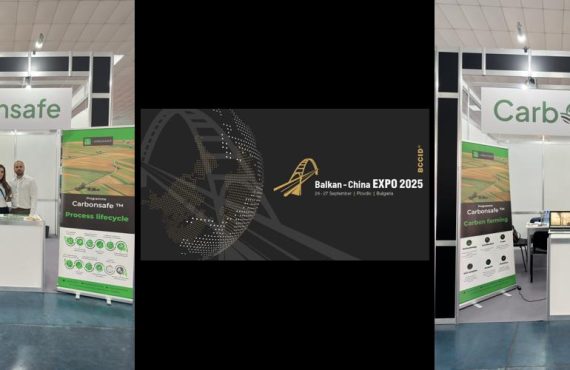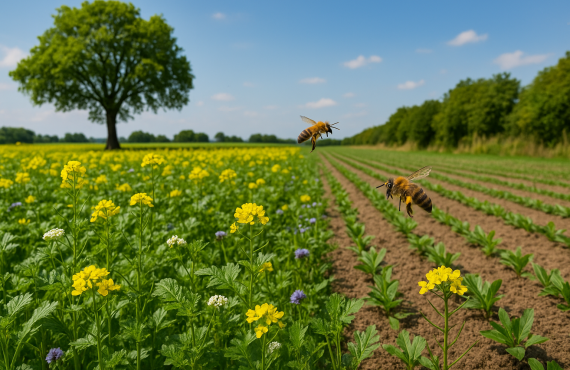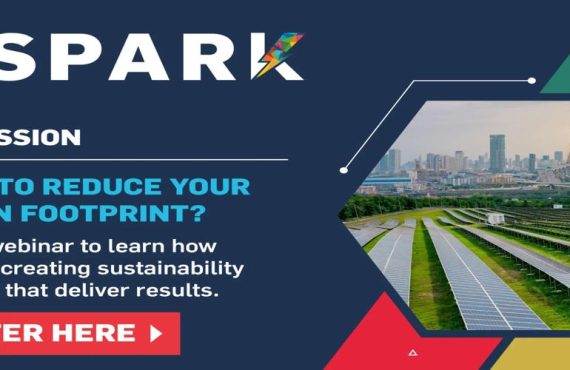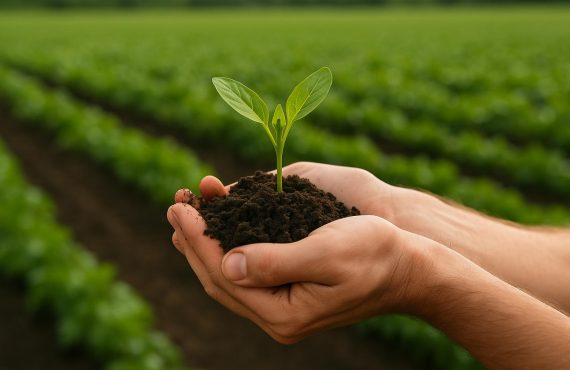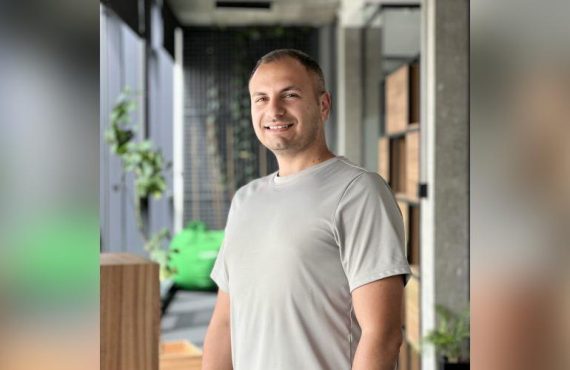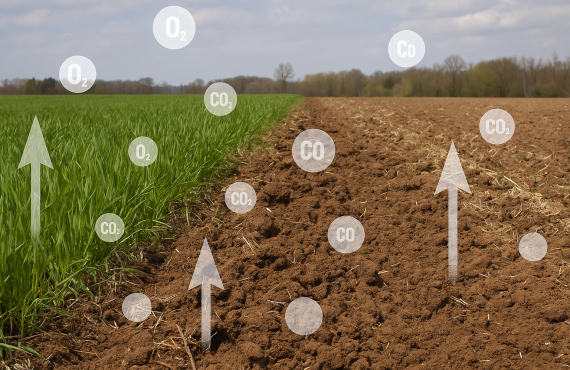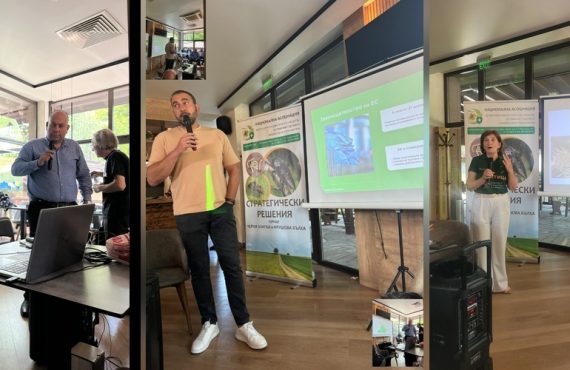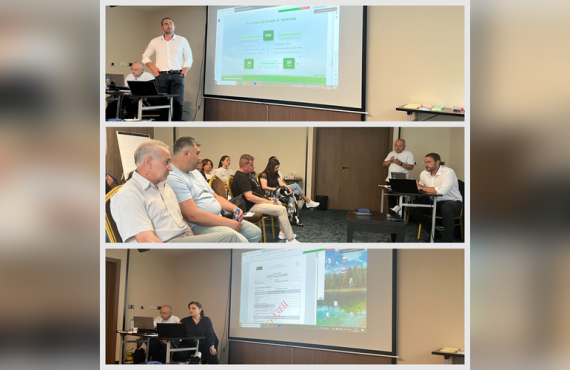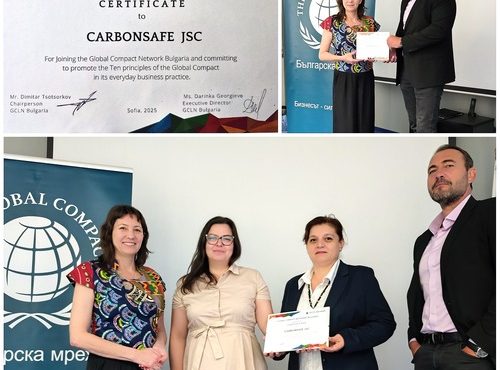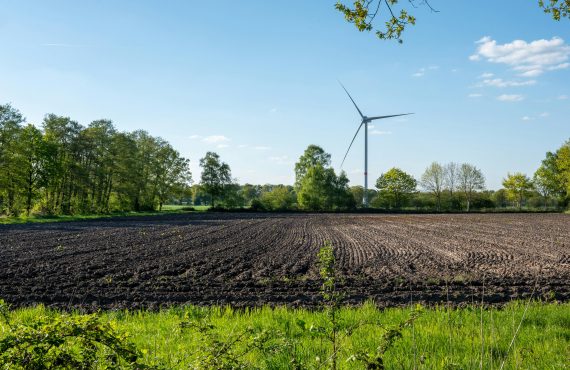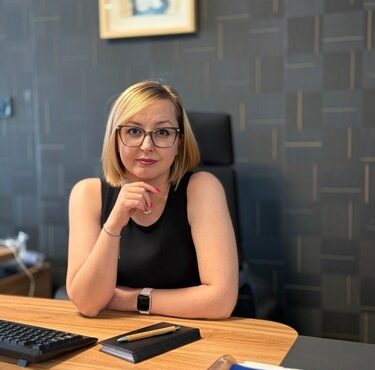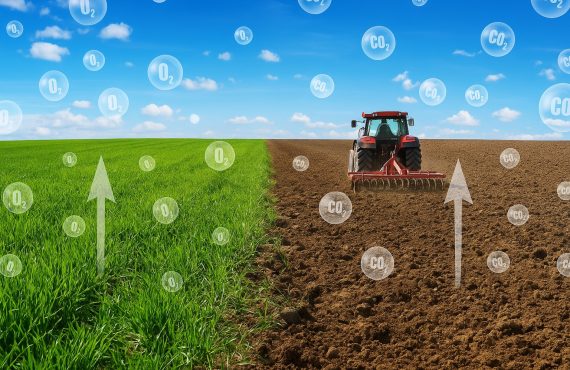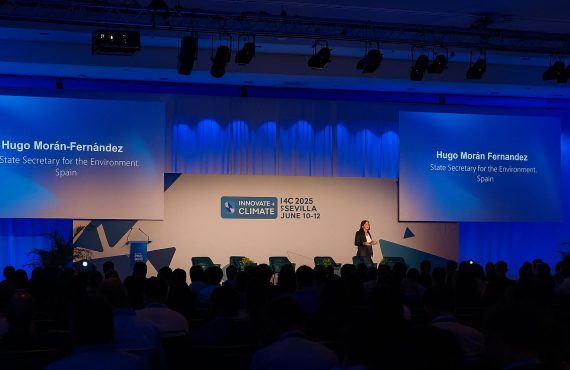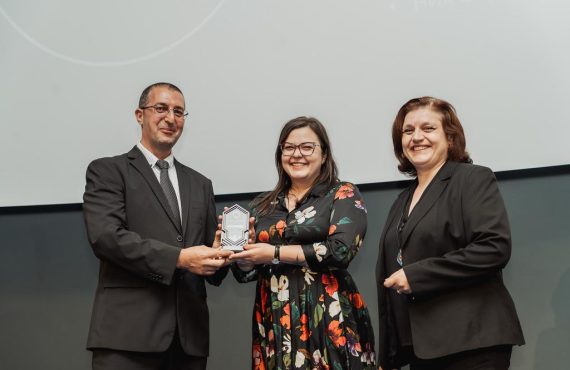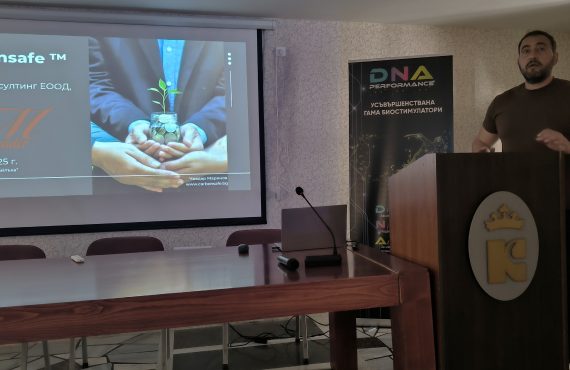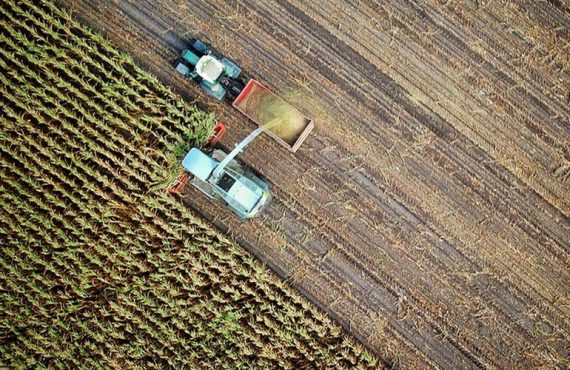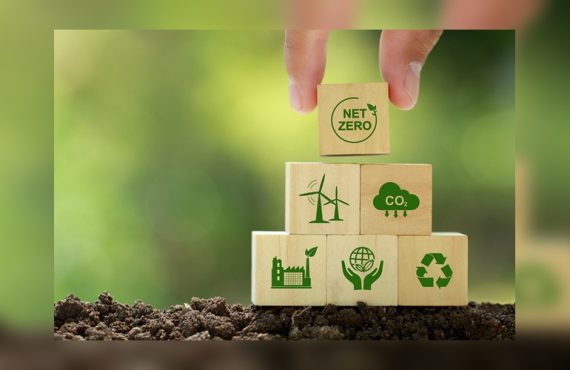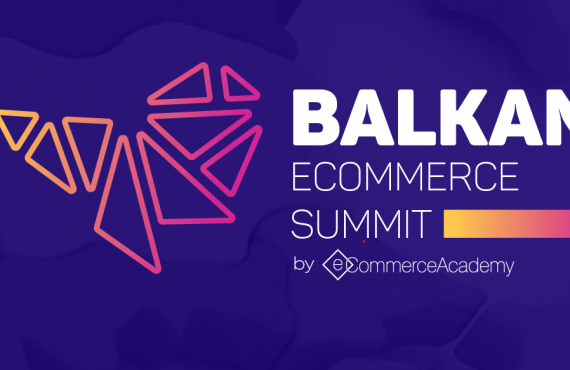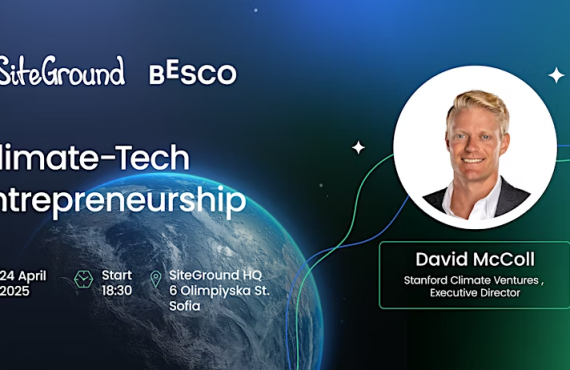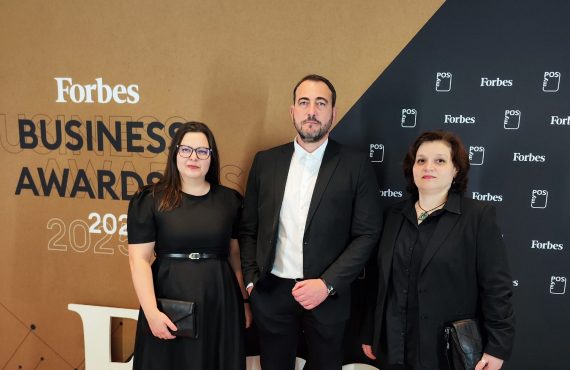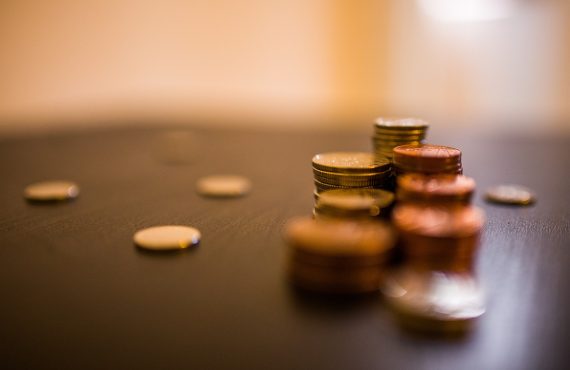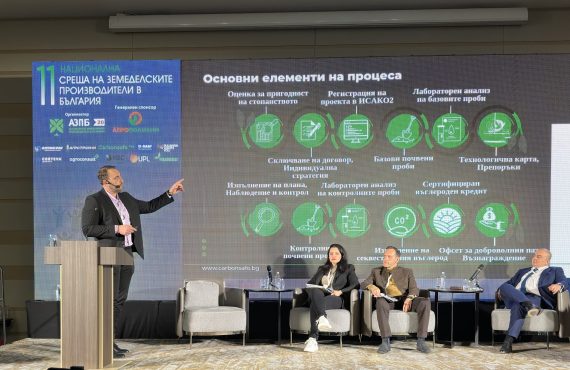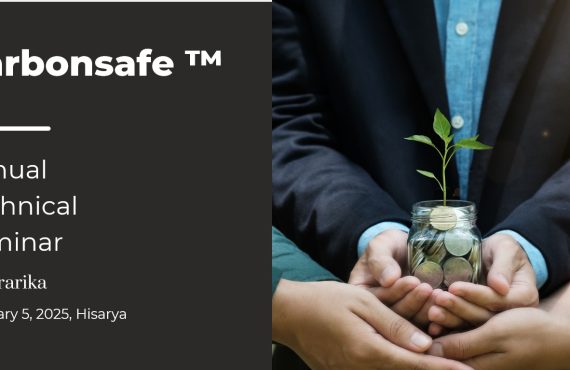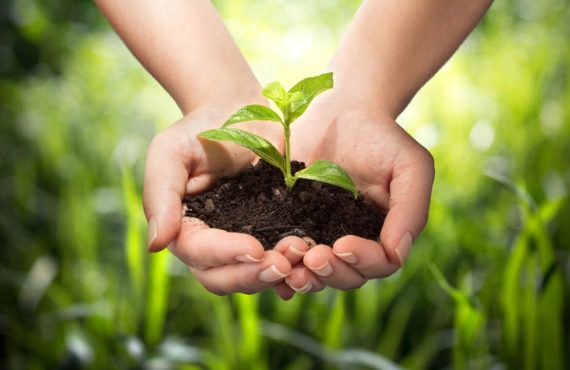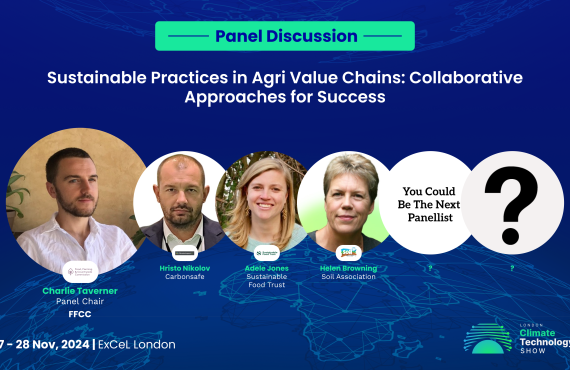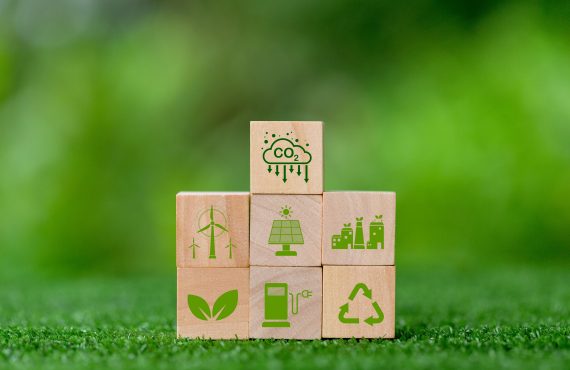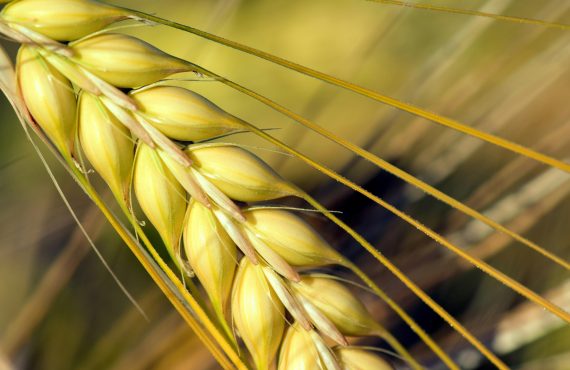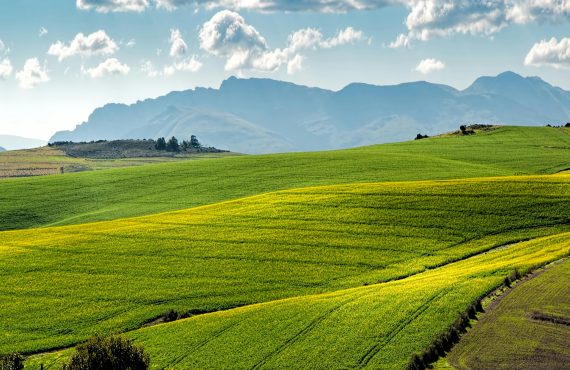On May 13, 2025, the “Sustainable Solutions and Zero Waste” forum took place at Hall 3 of the National Palace of Culture (NDK) in Sofia. Organized by the Mate Kitchen Foundation with the support of key brands and institutions, the event brought together visionaries, businesses, and experts focused on sustainable practices and the transition to zero waste across industries such as the food sector, energy, fashion, construction, IT, and agriculture.
A highlight of the forum was the participation of Carbonsafe™, represented by its Executive Director, Chavdar Marinov. He was a guest speaker in the dedicated session “A Vision for the Future: Carbon Farming” – a fireside chat moderated by Bozhidara Zhivkova, Editor-in-Chief at ESGnews.bg.
From Soil to Sustainable Economy: The Role of Carbon Farming
During the discussion, Chavdar Marinov presented the philosophy and practical implementation of carbon farming, which is at the core of Carbonsafe™’s mission. Using a science-based methodology and digital measurements, the company supports farmers in increasing carbon content in their soils and generating high-quality carbon credits.
The conversation addressed key topics such as:
• how carbon is measured and increased in the soil;
• the economic and environmental benefits for farmers;
• the potential for carbon markets to develop in Bulgaria;
• and the risks and challenges in adopting this practice.
“Sustainability is not just a direction – it is the foundation for transformation.”
With this statement, Chavdar Marinov highlighted Carbonsafe™’s core message: sustainable solutions are no longer a concept of the future – they are a current reality that requires cooperation between science, farmers, institutions, and businesses. The guiding belief is that every small step matters and can create meaningful systemic impact.
Carbon Farming as a Model for Sustainable Change
Carbonsafe™ presented carbon farming as a working model that achieves a balance between profitability and the preservation of natural resources. It is not only a tool to combat climate change, but also an opportunity to unlock new economic prospects for Bulgarian farmers.


